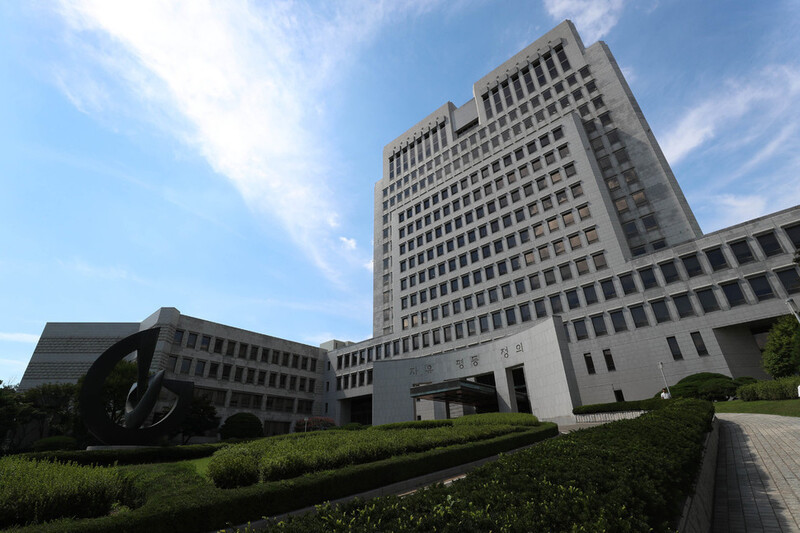The view of the Supreme Court. <한겨레>Material photo
The Supreme Court judged that even if a comment containing an insulting expression, “Isn’t this a giregi?” was posted on an internet article containing information about the promotion of automobile companies, it could not be punished for insulting. The second part of the Supreme Court (Presiding Judge Noh Jeong-hee) repatriated the case to Mr. A, who was accused of insulting, with the purpose of innocence on the 25th. In February 2016, Mr. A posted a comment on the Internet article posted on the’Hot Issue’ section of the automobile news bulletin next to the Internet portal site, saying,’This is called Giregi.’ The article criticized by Mr. A was that it was an Internet media company, and introduced the merits of the Hyundai Motor Group’s automotive power steering system,’MDPS’. Mr. A asserted innocence, saying, “(Giregi expression) was a term referring to a reporter writing a publicity article, and was intended to ask other people who viewed the article at the time for their opinions.” However, since the meaning of’kiregi’ in the first and second trials expresses the contemptuous feeling that would degrade a person’s social evaluation, Mr. A was sentenced to a fine of 300,000 won, saying that it was correct that he insulted the reporter. However, on that day, the Supreme Court overturned the court case and sentenced him to innocence, saying, “The act of writing comments by (A) does not violate the social norms.” The Supreme Court admitted that’kiregi’, a compound word of’reporter’ and’garbage’, is an insulting expression. However, even if it contains insulting expressions, it has been revealed that if he used insulting expressions in the process of expressing his or her opinion on the premise of valid facts, he cannot be subject to criminal punishment. The Supreme Court can evaluate this as “an expression that emphasizes or compresses one’s opinion on the basis of objectively valid circumstances, and the expression is also about the behavior of the victim (reporter), and if it is not too malicious, it does not violate the social norms.” Explained. The Supreme Court judged Mr. A’s actions by combining the contents of the article and the attitudes other people showed in the article. When Mr. A wrote a comment, there was a lot of controversy about the safety of Hyundai Motor Company’s MDPS, and a broadcaster reported this part. The Supreme Court said, “A significant number of readers who read the article posted comments containing the title and content of the article that seemed to defend or promote Hyundai Motor Company’s MDPS based on the contents of the broadcast, and comments criticizing the reporter’s actions.” Mr. A’s comments are also based on some objectively valid circumstances.” The expression’giregi’ is also intended to emphasize opinions that criticize reporters’ actions by agreeing to the contents of the broadcast or other comments, so it was judged that it did not violate common social norms. The Supreme Court said, “’Giregi’ is a relatively widely used word in articles criticizing the behavior of articles and reporters, and it is difficult to say that (Mr. ㄱ’s) comment is too malicious when compared to other comments on the (corresponding) article. ”He added. By Jang Yeji, staff reporter [email protected]
newsletter
Every morning, every Thursday day
A friendly newsletter that will save you from the flood of news.
Meet
